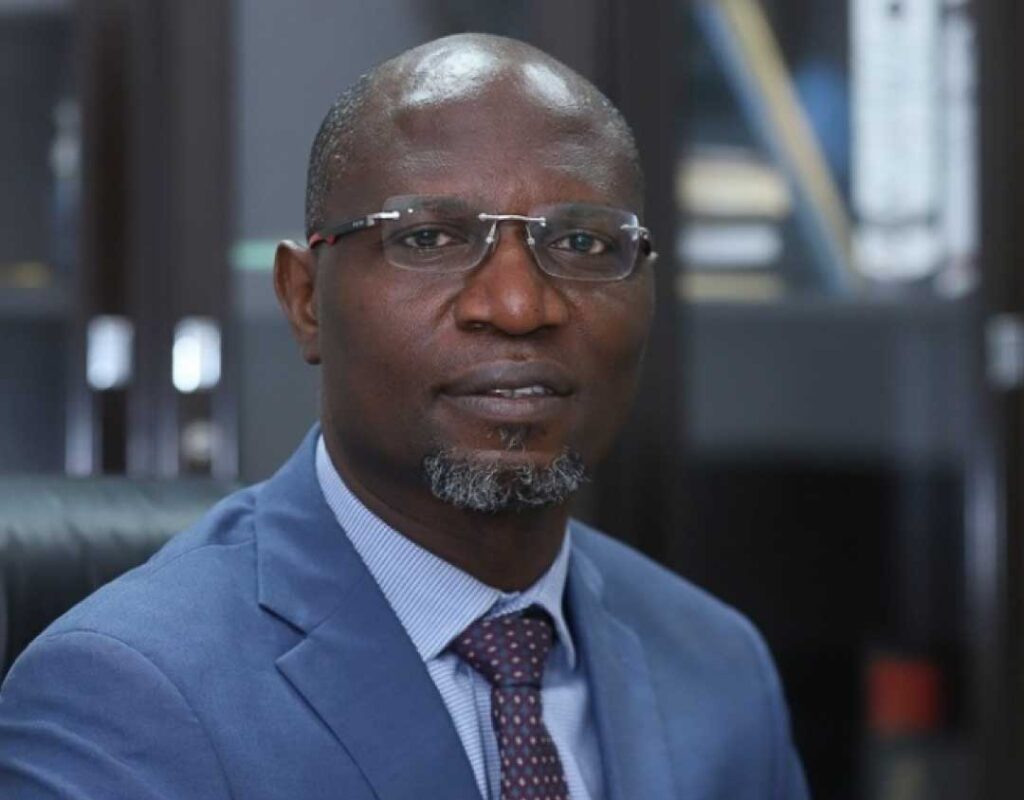The Managing Director of Highcap Securities Limited, Mr. David Adonri, has expressed concerns over the decision of the Central Bank of Nigeria’s (CBN) Monetary Policy Committee (MPC) to maintain all monetary rates, including the Monetary Policy Rate (MPR) at 27.5%.
Adonri described the move as risky, citing potential external shocks and the impact of excessive public spending driven by the Federal Government’s large deficit budget. He argued that monetary policy should be proactively tightened to mitigate these threats.
“The MPC’s decision to hold all rates poses a significant risk because of the looming external shocks and the excessive public expenditure that will arise from the Federal Government’s deficit financing,” Adonri stated. “Monetary policy ought to proactively address these concerns by continuing with a tightening approach.”
He also questioned the credibility of the inflation slowdown cited as a basis for the MPC’s decision, suggesting that the methodology used by the National Bureau of Statistics (NBS) in rebasing inflation data does not accurately reflect economic realities.
“The supposed deceleration of inflation, which influenced the MPC’s decision, may be misleading because the weightings applied by the NBS during the rebasing exercise do not align with the current economic situation,” he added.
Adonri further noted that by maintaining rates, the monetary authorities may be acknowledging that short-term demand management policies have lost their effectiveness. He emphasized the need for fiscal policy measures to address the persistent inflationary pressures by closing the supply gap in the economy.
“In keeping rates unchanged, the monetary authorities may be realizing that short-term demand management strategies have been exhausted. The time has come for fiscal policy to step up and take responsibility for bridging the supply deficit that continues to fuel inflation,” he concluded.
The MPC’s decision to hold rates comes amid ongoing economic challenges, including inflationary pressures and concerns over the sustainability of the country’s fiscal policies. Experts continue to debate the best approach to stabilizing Nigeria’s economy in the face of these complexities.




